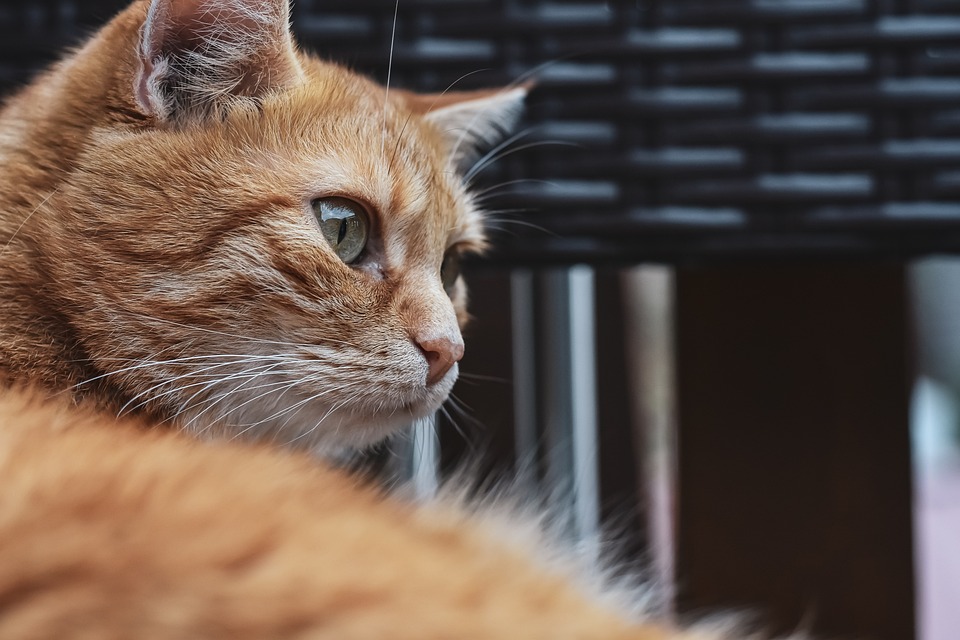Cats are known for their unique vocalizations, but excessive meowing or yowling can be a cause of concern for cat owners, especially when they live in confined spaces such as apartments or small houses. In this article, we will delve into the reasons behind excessive vocalization in cats and provide effective strategies to manage and minimize this behavior.
Understanding Excessive Vocalization in Cats
Differentiating between typical meowing and excessive vocalization is the first step in understanding this behavior. While some meowing is normal, excessive vocalization is characterized by persistent and loud meowing or yowling that goes beyond what is considered typical for a cat.
Identifying the underlying reasons for excessive vocalization is crucial in managing this behavior. Boredom, stress, loneliness, medical issues, and territorial behavior are common causes of excessive vocalization in cats. By pinpointing the root cause, cat owners can implement appropriate strategies to address the problem.
Certain cat breeds may be more prone to excessive vocalization. Siamese cats, for example, are known for their loud and vocal nature. Understanding breed-specific factors can help cat owners better manage excessive vocalization in their cats.
Managing Excessive Vocalization in Confined Spaces
Living in a confined space can exacerbate excessive vocalization in cats, but there are several strategies that cat owners can employ to manage and minimize this behavior.
Creating a stimulating environment is essential to combat boredom and provide mental stimulation for cats. Providing interactive toys, scratching posts, and puzzle feeders can help keep cats engaged and mentally stimulated.
Regular playtime is crucial for both physical and mental exercise. Interactive play sessions with toys such as feather wands or laser pointers can help tire out your cat and reduce excessive vocalization.
Vertical space is important for cats, especially in confined spaces. Investing in cat trees or shelves can provide cats with a sense of territory and reduce feelings of confinement, which can contribute to excessive vocalization.
Providing hiding spots is another way to alleviate stress and create a sense of security for cats. Offering secluded areas or covered beds can give cats a safe space to retreat to when they feel overwhelmed or anxious.
Establishing a consistent routine for quality time and interaction with your cat is vital. Scheduling dedicated attention time can help meet your cat’s social needs and reduce attention-seeking vocalization.
Calming techniques such as pheromone diffusers or calming music can create a peaceful atmosphere for cats. These methods can help alleviate stress and reduce excessive vocalization.
If excessive vocalization persists or worsens despite implementing these strategies, seeking advice from a veterinarian or animal behaviorist is recommended. They can provide professional help and guidance tailored to your cat’s specific needs.
FAQs (Frequently Asked Questions)
1. Why is my cat excessively vocalizing only at night?
Nocturnal vocalization in cats can have various reasons, including loneliness, boredom, territorial behavior, or medical issues. It is important to evaluate your cat’s environment and establish a nighttime routine that includes playtime and interaction to address this behavior.
2. Can excessive vocalization be a sign of a medical issue?
Yes, excessive vocalization can sometimes be a sign of an underlying medical problem such as pain, cognitive dysfunction, hyperthyroidism, or urinary issues. If you suspect a medical issue, it is important to consult with a veterinarian for proper diagnosis and treatment.
3. How long does it take for behavior modification techniques to show results?
The timeframe for behavior changes to take effect can vary depending on the cat and the specific behavior being addressed. It is important to be patient and consistent in implementing the techniques, as it may take several weeks or even months to see significant improvements.
4. Are there any natural remedies to calm an excessively vocal cat?
There are natural remedies such as herbal supplements or essential oils that may help soothe an excessively vocal cat. However, it is important to consult with a veterinarian before using any natural remedies to ensure they are safe and appropriate for your cat.
5. Could spaying or neutering my cat reduce excessive vocalization?
Spaying or neutering can have a positive impact on a cat’s behavior, including reducing excessive vocalization. This is because spaying or neutering can help minimize hormonal fluctuations and reduce territorial behaviors associated with excessive vocalization.
Conclusion
Excessive vocalization in confined spaces can be a challenge for cat owners, but by understanding the reasons behind this behavior and implementing effective management strategies, a harmonious living environment can be achieved. Remember, patience and consistent efforts are key to addressing excessive vocalization and ensuring a happy and contented cat.








